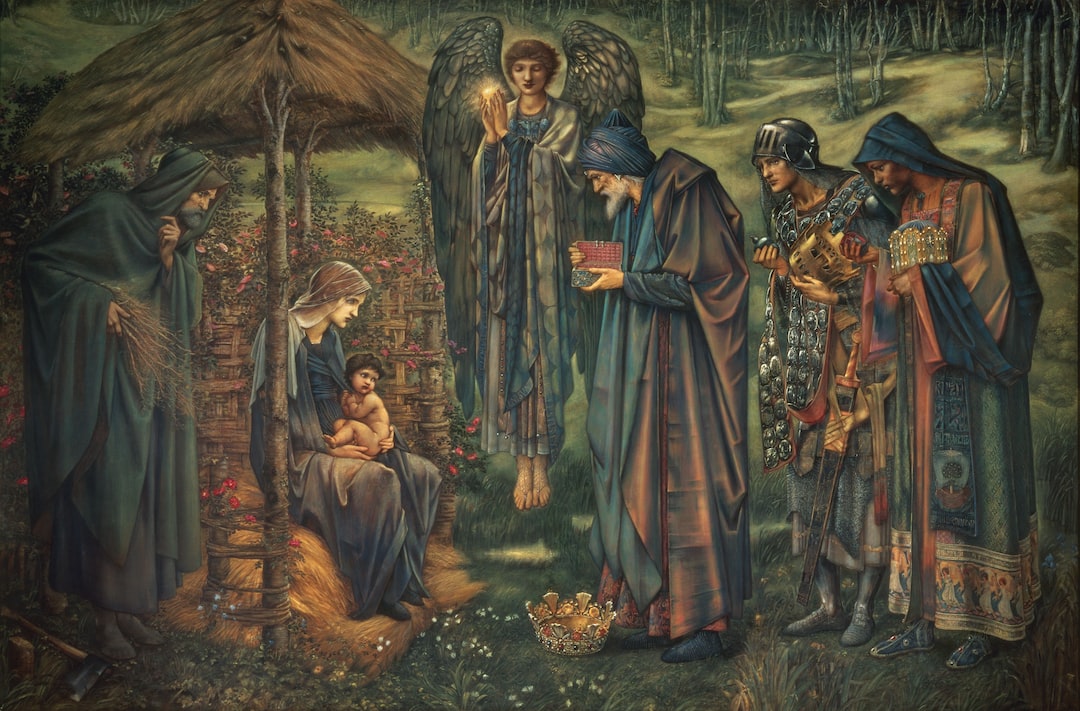Meditation has been a central practice in various religious and spiritual traditions for centuries. Its profound impact on individuals’ religious experiences cannot be overlooked. Whether it is Buddhism, Hinduism, Christianity, or other religious paths, meditation acts as a powerful tool in deepening and enriching one’s religious journey. In this article, we will explore the role of meditation in deepening religious experience.
To begin with, meditation is a practice that allows individuals to quiet their minds and connect with their inner selves. It is through this stillness and inner focus that people can attain a deeper understanding of their faith and experience a more profound connection with the divine.
In Buddhism, meditation, or dhyana, is considered one of the essential practices on the path to enlightenment. By sitting in silence, focusing on the breath, and calming the mind, Buddhist practitioners cultivate mindfulness and gain insight into the true nature of reality. Through meditation, Buddhists aim to transcend their ego and achieve a direct experience of ultimate truth, leading to a deeper religious experience.
Similarly, in Hinduism, meditation plays a crucial role in deepening religious experience. Yogic practices, such as Jnana yoga and Raja yoga, emphasize meditation as a means to attain self-realization and unity with the divine. By quieting the mind and going beyond the realm of thoughts and desires, practitioners can experience the blissful state of Samadhi, where they feel an intimate connection with God or the universal consciousness.
Moreover, meditation has been practiced within Christian traditions as a means to deepen one’s relationship with God. In Christianity, meditation takes the form of contemplative prayer or centering prayer. Through the repetition of a chosen word or phrase, known as a mantra, Christian meditators aim to quiet their minds and open themselves up to God’s presence. By focusing on God’s word and presence, practitioners can experience a profound connection with the divine, leading to a deepening of their religious experience.
Meditation also plays a significant role in other religious paths, such as Islam, Sikhism, and Judaism. Sufi Muslims practice Sufi meditation techniques to bring about inner awakening and spiritual closeness to Allah. Sikhism promotes meditative practices to achieve oneness with the divine through simran, the repetition of God’s name. In Judaism, meditation enables individuals to connect with God by delving into the depths of their souls and experiencing a sense of transcendence.
So, how does meditation deepen religious experience? One of the ways is by cultivating a greater sense of presence and awareness. When individuals engage in regular meditation practice, they become more attuned to the present moment and the divine presence within and around them. This heightened presence enables them to appreciate the sacredness of everyday life, see the beauty in nature, and experience a deeper connection with the divine during religious rituals and practices.
Furthermore, meditation leads to inner transformation. Through consistent practice, meditators learn to let go of ego-driven desires, attachments, and negative thought patterns. This process of self-transcendence allows individuals to align their will with the divine will and experience a profound transformation of their inner being. As they become more compassionate, loving, and selfless, their religious experience becomes more authentic and meaningful.
In addition, meditation helps individuals to explore the depths of their faith. Through introspection and self-reflection, meditators can inquire into the profound questions of life and explore the mysteries of spirituality. This quest for understanding deepens their religious experience by providing them with insights and revelations that go beyond mere intellectual knowledge.
Moreover, meditation acts as a bridge between the external and internal aspects of religious practice. Many religious traditions incorporate rituals, prayers, and communal worship as external expressions of faith. While these practices are valuable, meditation allows individuals to internalize and integrate these external expressions into their own being. By meditating on sacred texts, prayers, or symbols, individuals can imbibe the essence of their religious traditions and experience a more profound connection with the divine.
In conclusion, meditation plays a critical role in deepening religious experience across various spiritual paths. Through the cultivation of presence, inner transformation, exploration of faith, and integration of external practices, meditators can attain a deeper understanding of their religious beliefs and experience a more intimate connection with the divine. Whether one follows Buddhism, Hinduism, Christianity, or any other religious tradition, meditation acts as a powerful tool in enriching the religious journey and leading to a more profound spiritual experience.

